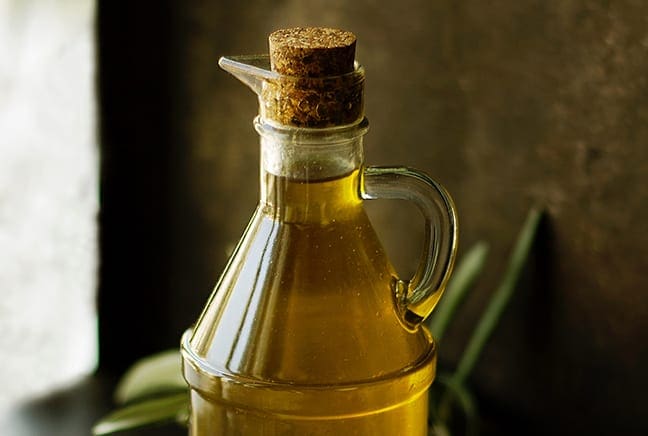Diets that are high in fat are associated with many of today’s common health conditions including heart disease, some types of cancer, high blood pressure, stroke and obesity.
There are three types of fat:
- Saturated fat
- Unsaturated fat
- Trans fats
Saturated fat
Saturated fat is found in foods like cakes, biscuits, sausages, pies, butter, lard, cream, cheese, pastries, chocolate and coconut oil etc. This type of fat is known to raise the ‘bad’ type of cholesterol in the blood, which increases the risk of heart disease.
Unsaturated fat
Unsaturated fat is found in foods like vegetable oils, oily fish (sardines, mackerel, salmon, trout), avocados and nuts and seeds. Unsaturated fats can be monounsaturated or polyunsaturated. Monounsaturated fats are found in certain plant oils, such as olive oil. Polyunsaturated fats are found in other plant oils, such as sunflower oil or spreads made from them. Omega 3 fatty acids are polyunsaturated and may help to protect against heart disease. They are found in some plant oils, but oily fish is the best source. Having unsaturated fat can help raise the level of ‘good’ cholesterol in the blood and gives us the essential fatty acids that we need so it is extremely important you include unsaturated fats in your diet.
Trans fats
Trans fats are found mainly in foods containing hydrogenated vegetable fat, and is typically used in baked goods, such as biscuits and cakes. Like saturated fats, trans fats tend to raise the ‘bad’ type of cholesterol in the blood that increases the risk of coronary heart disease.
To decrease your intake of ‘fat’:
- Replace snacks including biscuits and cakes with fruit
- Buy reduced or lower fat options
- Grill, steam or bake food instead of frying it
- Choose poultry or fish, and leaner cuts of red meat
- Compare labels at the supermarket and choose options with less fat

